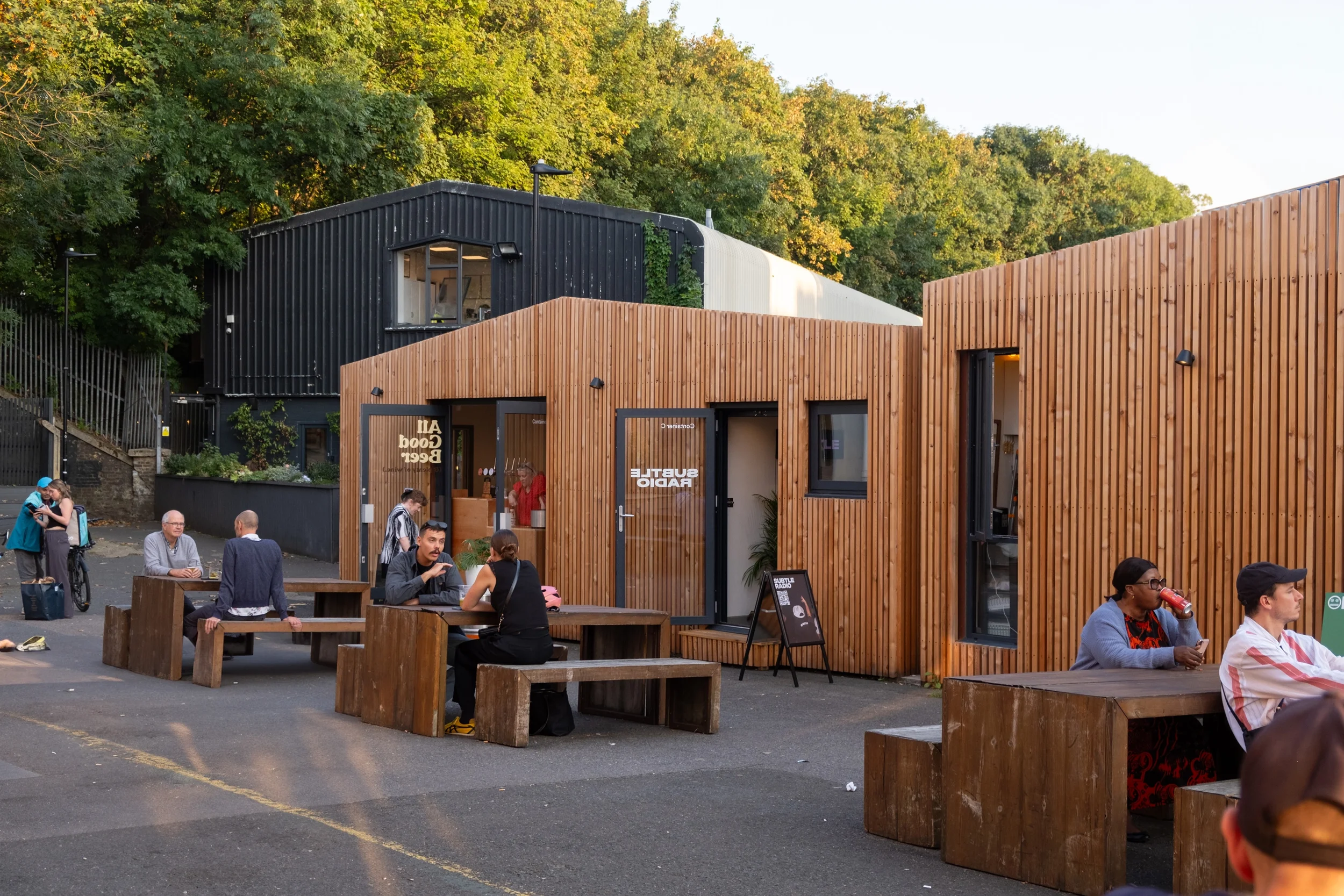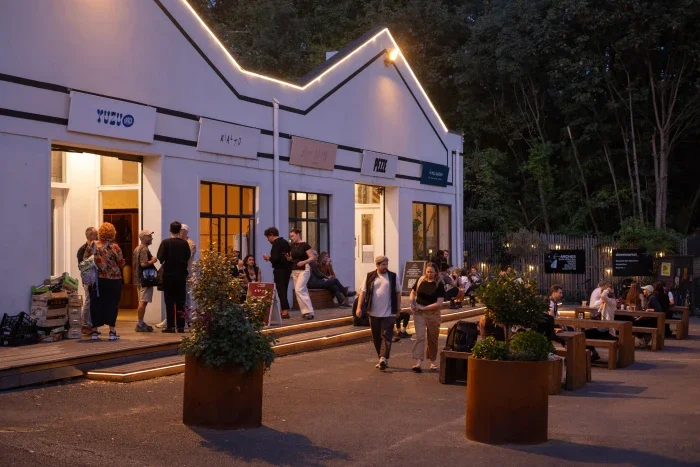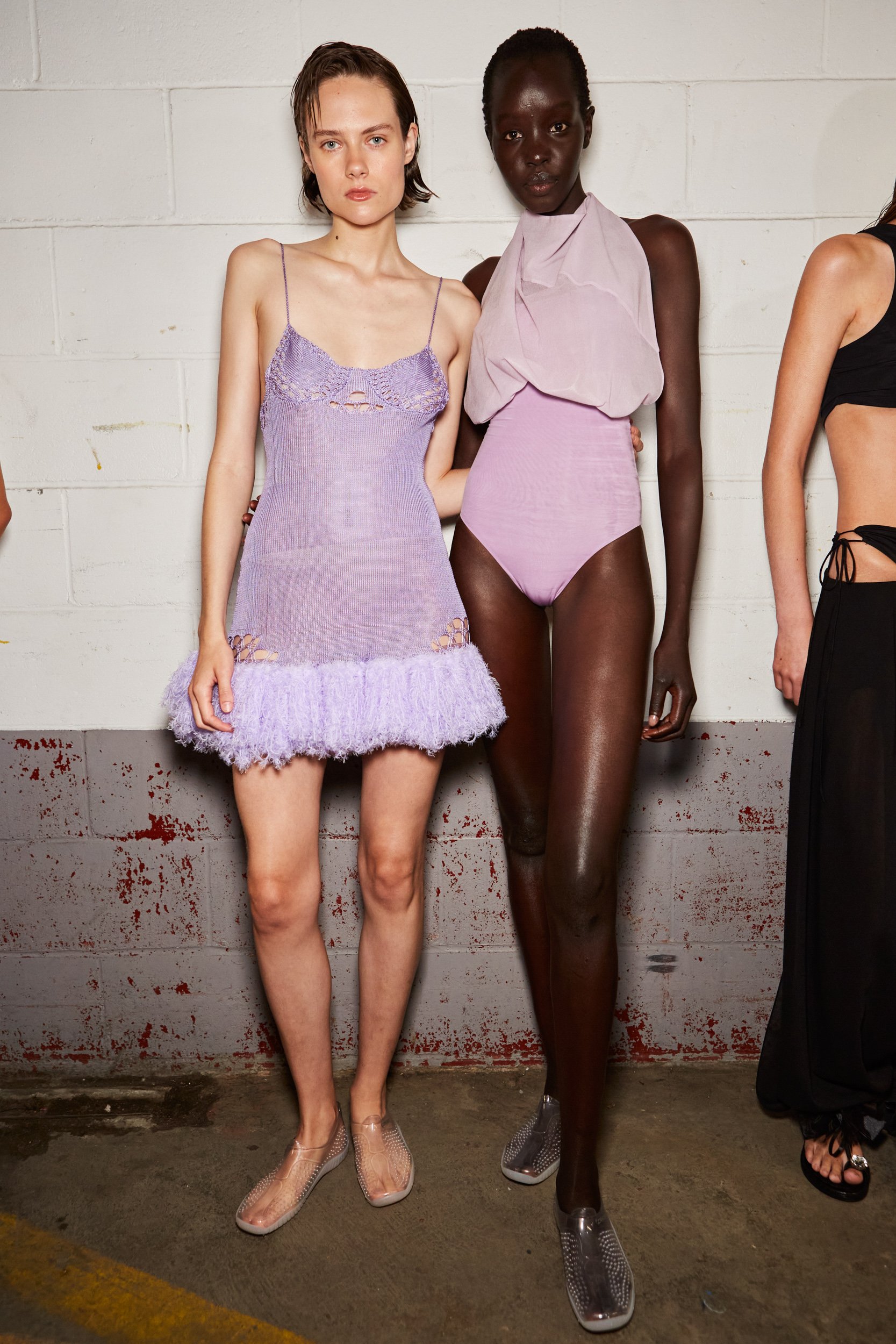ABOUT Us
Nestled in the vibrant Dalston area of East London since our Spring 2021 launch, Esce-tex is transforming the fashion and textile industries — enhancing accessibility of sustainable fabrics, sourcing and production.
At Esce-tex, we accelerate the shift to a smarter, more sustainable textile industry. Our role is part matchmaker, part problem-solver. Connecting brands, mills, and innovators to build supply chains that work for both people and planet.
From household-name retailers to pioneering start-ups, we bridge the gap between ambition and execution. That means delivering certified sustainable fabrics without restrictive minimums, creating clear and actionable material reports, and offering consultancy that navigates the fast-changing world of fibres, legislation, and innovation.
We believe sustainability shouldn’t be a luxury. It should be accessible, scalable, and commercially viable. Whether you’re taking your first steps or refining a mature strategy, Esce-tex works alongside you to design, source, and implement solutions that align with your values and your business goals.
Our mission is simple: make the sustainable choice the easy choice.
From Scientist
to Stylist
From Scientist to Stylist 🏹
From Scientist to Stylist 🏹
Nicola Coughlan with Stylist Aimee Croysdill
Supryia Lele, LFW SS24
At Esce-tex, we meticulously choose fabrics with the highest social and environmental standards. Each fabric is handpicked to inspire creativity and align with our deep commitment to sustainability.
With a network of experts, from scientists to stylists, we stay at the forefront of fabric innovations. This expert touch instills confidence in our services and products.
From the catwalk with Supryia Lele at London Fashion Week to custom pieces for Nicola Coughlan's Barbie film premiere, our specialist projects prioritise sustainability. Join us in making a positive impact and driving meaningful change.




















